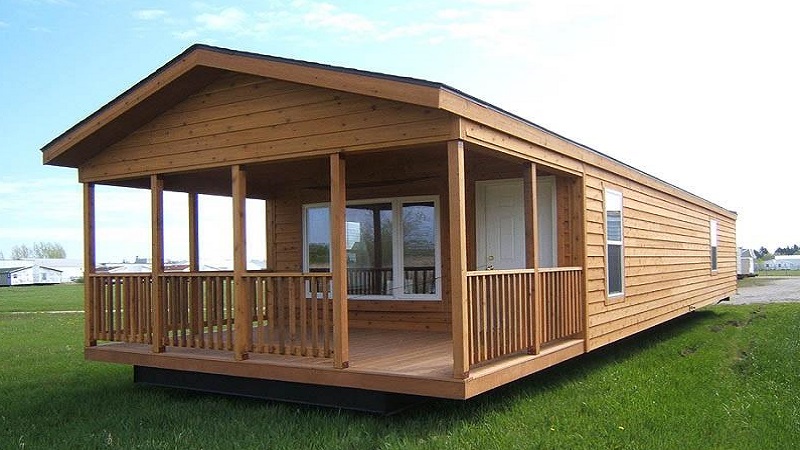Deciding to place a mobile home on your property can be an excellent solution for affordable housing or providing a separate living space for family members. However, before you invest in a mobile home, it’s crucial to understand the zoning laws, permits, and other regulations that might affect your plans. This comprehensive guide will walk you through the essential steps and considerations for placing a mobile home on your property. Yes, You can place a mobile home on your property, and you are also allowed to have more than one mobile home on the same property.
Understanding Zoning Laws
Zoning laws are the first hurdle you need to check. These regulations are established by local governments to control the development of land within their jurisdiction. Here’s what you need to consider:
- Residential Zoning: Some areas are strictly zoned for residential use, which usually allows mobile homes but there could be restrictions.
- Rural Zoning: If your property is in a rural area, the regulations might be more lenient, but it’s still essential to check.
- Special Zones: Some areas might be zoned specifically for mobile homes, known as mobile home parks or estates.
Acquiring Necessary Permits
After confirming that zoning laws allow a mobile home on your property, the next step is to obtain the necessary permits. The type of permits required can vary greatly depending on your location but generally includes:
- Building Permits: Ensure that the mobile home meets local building codes and standards.
- Installation Permits: Some areas require a specific permit for the installation of mobile homes, especially if utilities need to be connected.
- Occupancy Permits: Before you can use the mobile home as a residence, an occupancy permit might be required after all installations are completed.
Preparing the Site
Site preparation is another critical factor in placing a mobile home on your property. Here are the main tasks involved:
- Foundation: Mobile homes need a stable foundation, which could be pier and beam, slab, or another type depending on local codes and the home’s requirements.
- Utilities: Hooking up electricity, water, and sewage systems is necessary unless you plan on using alternative methods like solar power or septic tanks.
- Access: Ensure that there is proper access to the site for bringing in and installing the mobile home.
Considerations for Home Installation
Installing a mobile home involves several considerations to ensure that everything goes smoothly:
- Choosing the Right Home: Mobile homes come in various sizes and layouts. Make sure the one you choose fits well on your property and suits your needs.
- Hiring Professionals: For the installation, it’s advisable to hire professionals who are experienced with mobile home setups and can handle any unexpected challenges.
- Insurance: Mobile homes require specific types of insurance policies, which differ from standard home insurance. Make sure you are covered for all possible issues, including transportation and installation risks.
Long-Term Maintenance
Once your mobile home is installed, regular maintenance is key to ensuring its longevity and livability. This includes:
- Regular Inspections: Check for issues like water leaks, roof damage, and foundational shifts.
- Upkeep of Utilities: Maintain your hookups and utilities to prevent disruptions.
- Weatherproofing: Depending on your climate, additional weatherproofing might be necessary to protect against harsh weather conditions.
Conclusion
Placing a mobile home on your property can be a great way to provide additional living space or an affordable housing option. By understanding the local laws, preparing properly for installation, and maintaining the home, you can make the most out of your mobile home investment. Remember to consult with local authorities and professionals to ensure that every step of the process meets the required standards and regulations.
